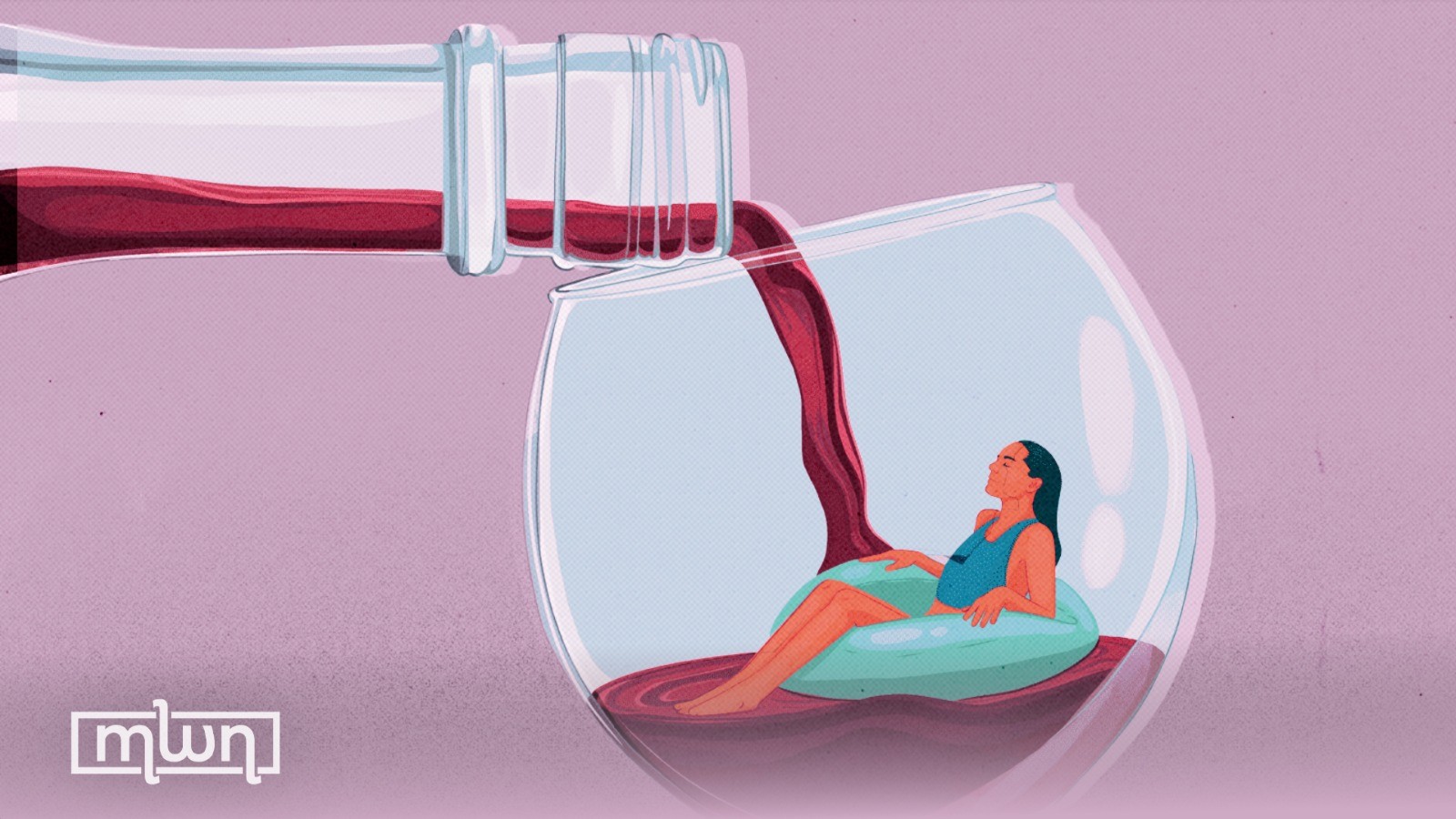Rabat – We’ve all heard the tales of liquid courage and the euphoria of a well-deserved drink after a long day.
Imagine that you’ve had a difficult day, that your boss is breathing down your neck like a needy dragon, and that deadlines are hanging like black clouds. What’s your go-to remedy?
For many, it’s a refreshing glass of something wonderfully euphoric.
According to Alcohol Change Uk, when we start drinking alcohol, our bodies release more dopamine, which goes to parts of the brain called “reward centers.” These are the areas that make us feel good and encourage us to keep doing whatever we’re doing.
The scientific portion comes first. Alcohol is a miraculous drink that can change the chemistry of our brains more quickly than you can say “Happy Hour.”
It plays around with neurotransmitters, including serotonin and dopamine, to make you feel good.
However, it’s just momentary.
For a time, you could think you’re the life of the party, but as the initial excitement wears off, reality might hit harder than the morning after a wild night out.
Alcohol may very well be the ultimate con artist: It trickles into your brain like a game of smoke and mirrors, promising tranquility and ecstasy.
A user on X, formerly Twitter, couldn’t put it better, noting that substances like alcohol make you feel better temporarily, but ruin your life in the long run if you’re not careful.
“The hardest part of getting sober was finding joy in everyday life. When you’re in active addiction you use drugs and alcohol to make you ‘feel’ better,” the user wrote. “Didn’t realize it was making me feel worse. Now I find joy in every little thing. Everyday I wake up happy and blessed.”
Know when to say when
That first burst of joy? A crash landing into the realm of regrets and headaches frequently follows.
But I’m not here to ruin your parade. Drinking a well-made drink may indeed improve your mood and reduce stress.
Yet let’s speak about moderation before you swear off booze permanently.
Savor that glass of wine or that craft beer, but know when to say when.
When you wake up without having a pounding headache, your liver and your future self will both appreciate it.
According to Health Line, fatty liver disease progressively develops in 90% of individuals who consume over half an ounce (15 ml) of alcohol per day.
So while drinking alcohol can improve your mood, at least momentarily, it’s not it’s not a cure-all for life’s woes, and the long-term consequences might actually outweigh the short-term benefits.
As a commenter wrote on X: “I’m sorry to say but drinking water, prioritizing your mental and physical health, and not drinking alcohol DOES make you feel better.”
Remember, happiness isn’t found at the bottom of a bottle; it’s found in the moments we share with the people we love, with or without a drink in hand.
















